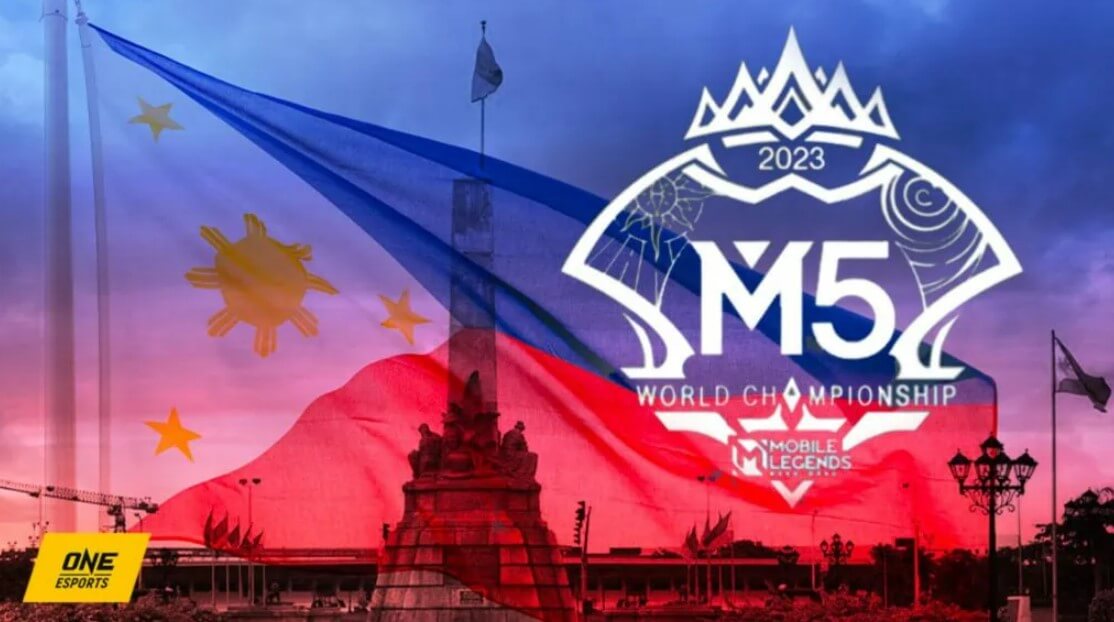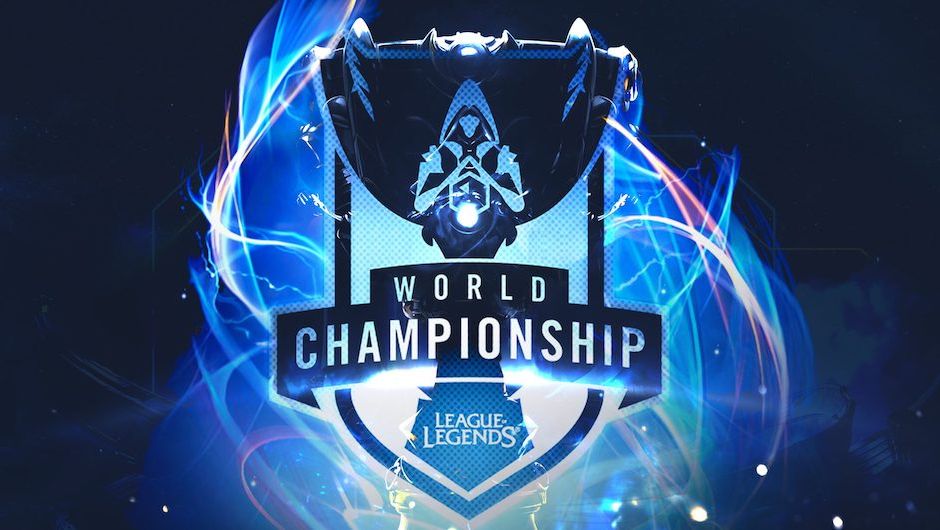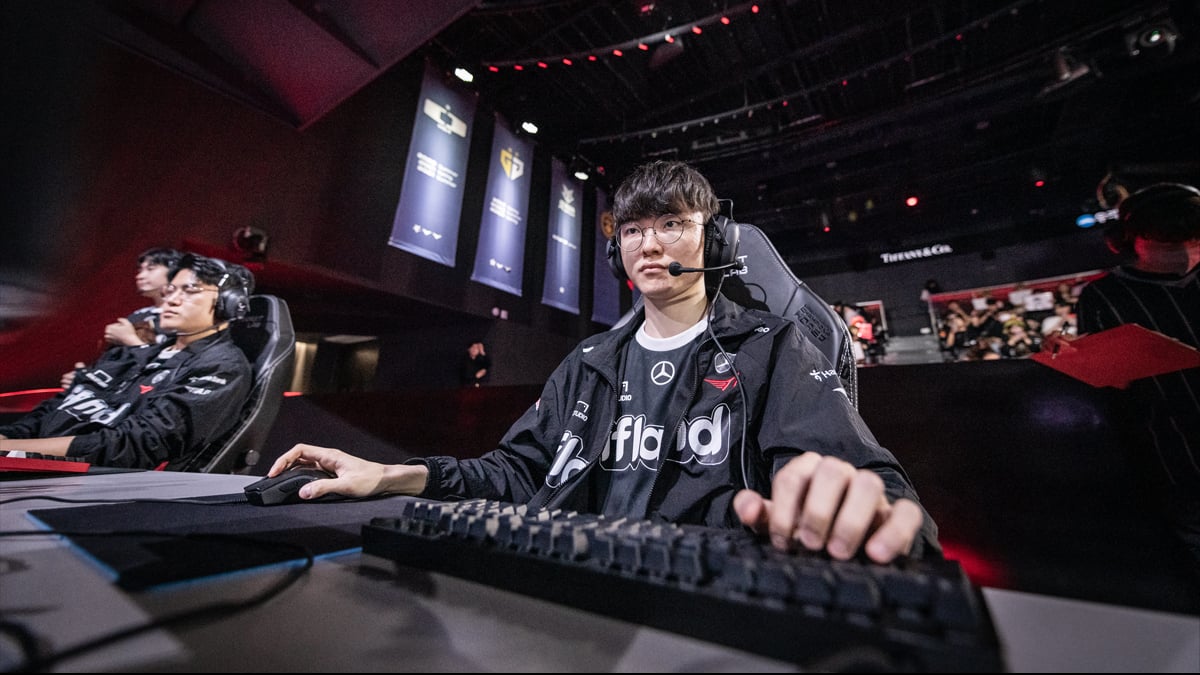Was Uzumaki A Safer Surname For Naruto?
The choice of the Uzumaki surname over the Namikaze surname for Naruto, the iconic protagonist of the Naruto series, has been a subject of curiosity and debate among fans. In the world of Naruto, where naming conventions and family ties play a significant role, this decision had a deep-rooted purpose.
Naruto Uzumaki, as we know him, was born to Minato Namikaze and Kushina Uzumaki, two powerful and skilled ninjas in their own right. Minato, known as the Yellow Flash of Konoha, was feared and respected for his incredible abilities, particularly during the Third Great Ninja War. However, it was during this war that he also made numerous enemies—individuals who harboured grudges and sought revenge against him and his family.
The decision to name Naruto Uzumaki instead of Namikaze was driven by several key factors:
1. Protection from enemies:
Minato’s reputation as the Yellow Flash and his feats on the battlefield had made him a prime target for those seeking vengeance. Naming Naruto Namikaze would have exposed him to these enemies. The Third Hokage, Hiruzen Sarutobi, who had a deep concern for Naruto’s safety, recognized this danger and chose to keep Naruto’s true identity hidden by giving him the Uzumaki surname. This decision was ultimately made to protect the child from potential threats.
2. The Uzumaki Clan’s Legacy:
Kushina Uzumaki, Naruto’s mother, hails from the Uzumaki clan, a group known for their powerful sealing jutsu and immense chakra reserves. The Uzumaki clan’s abilities, including their mastery of sealing techniques and the Reaper Death Seal, were highly feared. Naming Naruto Uzumaki was a way of instilling fear in his enemies, as they were aware of the Uzumaki clan’s formidable reputation.
3. Preservation of anonymity:
Naruto’s true lineage was kept a closely guarded secret within the village, with only a select few individuals aware of his parentage. This anonymity was crucial to his safety, as it prevented his enemies from easily identifying and targeting him. The villagers, except for Naruto himself, were kept in the dark about his background.
4. Traditional Naming System:
The Naruto series is set in a world that reflects some traditional aspects of Japanese culture, including the naming system. In this system, the more influential or powerful clan’s name takes priority when naming newborn children. Since there was no mention or indication of the existence of the Namikaze clan, it wasn’t considered as influential as the Uzumaki clan. Therefore, Naruto adopted his maternal side’s surname based on this traditional naming method.
5. Gradual Diminishment of Threats:
Over time, the threats to Naruto’s safety began to diminish. The enemies Minato had made during the war gradually faded away, and Naruto’s strength and abilities developed, making him capable of defending himself. As he grew, Naruto learned about his parentage and was no longer in immediate danger, allowing him to confidently reveal his true identity.
The decision to name Naruto Uzumaki instead of Namikaze was made to protect him from the enemies his father, Minato Namikaze, had made during the Third Great Ninja War. The Uzumaki surname was chosen to instil fear in these adversaries and maintain Naruto’s anonymity within the village. This decision was also in line with the traditional naming system of the Naruto world, where the more influential clan’s name took precedence. As threats to Naruto’s safety gradually diminished and he grew in strength, he was able to embrace his true identity with confidence.






















